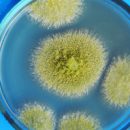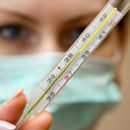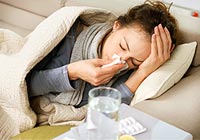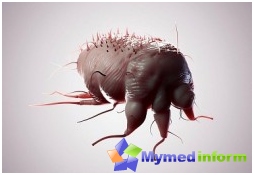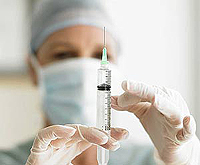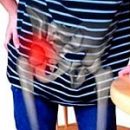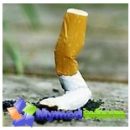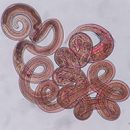What is leptospyrosis? What are the symptoms of leptospirosis? What are the complications of leptospirosis? How to diagnose, treatment and prophylaxis of leptospirosis? Answers to these questions you will find in the article.
Content
Leptospirosis, paths of infection with leptospirosis
Leptospirosis (Vasilyeva-Weyl's disease, infectious jaundice, nanochny, Japanese
7-day fever, water fever, constant meadow fever, dog fever)
- Acute infectious disease characterized by fever, general intoxication,
defeat kidney, liver, nervous system.
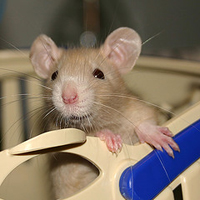
The pathogens of the leptospirosis are spirochetes of the leptospyr family. Known
About 200 types of leptospyr causing a disease. They are adapted to life
in water, continue to be kept in wet soil.
The source of infection is animals (forest mouse, voles, water rats,
Earthowing, Rats, Dogs, Pigs, Cattle and DR.) who transfer
Disease without any manifestations and long time with urine allocate leptospiirs.
Man infection occurs when damaged skin, mucous membranes
with water contaminated by the secretions of animals, the use of this water or contaminated
Selection of animal products.
Sick man danger to others does not represent.
In the human body, leptospira penetrate through the slightest integrity disorders
leather, mucous membranes of oral cavity, nose, eyes, gastrointestinal tract.
Finding into the blood, leptospira are spread to various fabrics and organs. There is going on
their reproduction and damage to muscles, especially icy, kidney with impaired urica,
liver, red blood cells (red blood balls) and nervous system.
After the suffering disease, long-term immunity develops, but
only to this type of leptospir. Perhaps re-infection with another type of leptospir.
For leptospirosis, a pronounced seasonality is characterized with maximum morbidity
in August
The incubation period lasts 4 to 14 days.
The disease begins suddenly, among full health without any precursors.
The chills appears, the body temperature quickly rises to 39-40 s,
Worried strong headache, insomnia, lack of appetite, thirst. Very
The characteristic feature is severe muscle pain (Malgy), especially in the calf.
The muscles of the thigh and the lumbar region may be involved in the process, their feeling
Very painful. Part of patients, Malgia is accompanied by severe burning pain
Skin. Muscle pain is so strong that patients with difficulty moving or
can not move at all (with severe forms). The face of the patient is hypereated
(red), fined, hyperemic also leather neck and upper breasts
Cells («Symptom of hood»). The amount of urine decreases. With severe flow
Diseases from 3-5 days of illness appears jaundice, point hemorrhage into a sclera
Eye and skin.
Subsequently develops acute renal failure - the main reason
The death of patients.
Meningitis (cerebral inflammation), encephalitis (inflammation
brain), polyneuritis, myocardits (heart muscle inflammation), Irites
(inflammation of the iris eye). When attaching a bacterial infection
arise: pneumonia (inflammation of the lungs), otitis, pylits, couples.
Diagnostics is sometimes difficult, especially with light shapes, t.To.
often mistaken diagnosed «flu» or «Orz». Laboratory diagnosis confirm
Detection of the causative agent in the blood, urine, spinal fluid.
The main method of treatment is early (up to 4 days from the beginning of the disease)
Purpose of antibiotics, penicillins are most effective (benzylпenicillin
sodium salt, oxacillin sodium salt, ospamex), with their intolerance
You can use the antibiotics of the tetracycline group (tetracycline hydrochloride,
vibramicin). The later from the beginning of the development of the disease begins specific treatment,
the worse the forecast for patients.
Using the introduction of donor specific immunoglobulin; Applied
Also, a complex of vitamins, necessarily comprising ascorbic acid and vitamin
R.
In severe cases, under acute renal failure, mannitol is used
or Laziks. In the absence of effect from conservative treatment, hemodialysis is carried out
(blood purification using the device «Artificial kidney»).
Protection of water supply sources from pollution, disinfection
water, banning bathing in open non-flowing reservoirs, strict control over
carried out work on the construction of wells and plumbing systems, isolation
Patients of animals, use in food only boiled milk.
When working on a wetlands should be used rubber boots.
It is impossible to use water from open water bodies. Food need to protect
from rodents.

